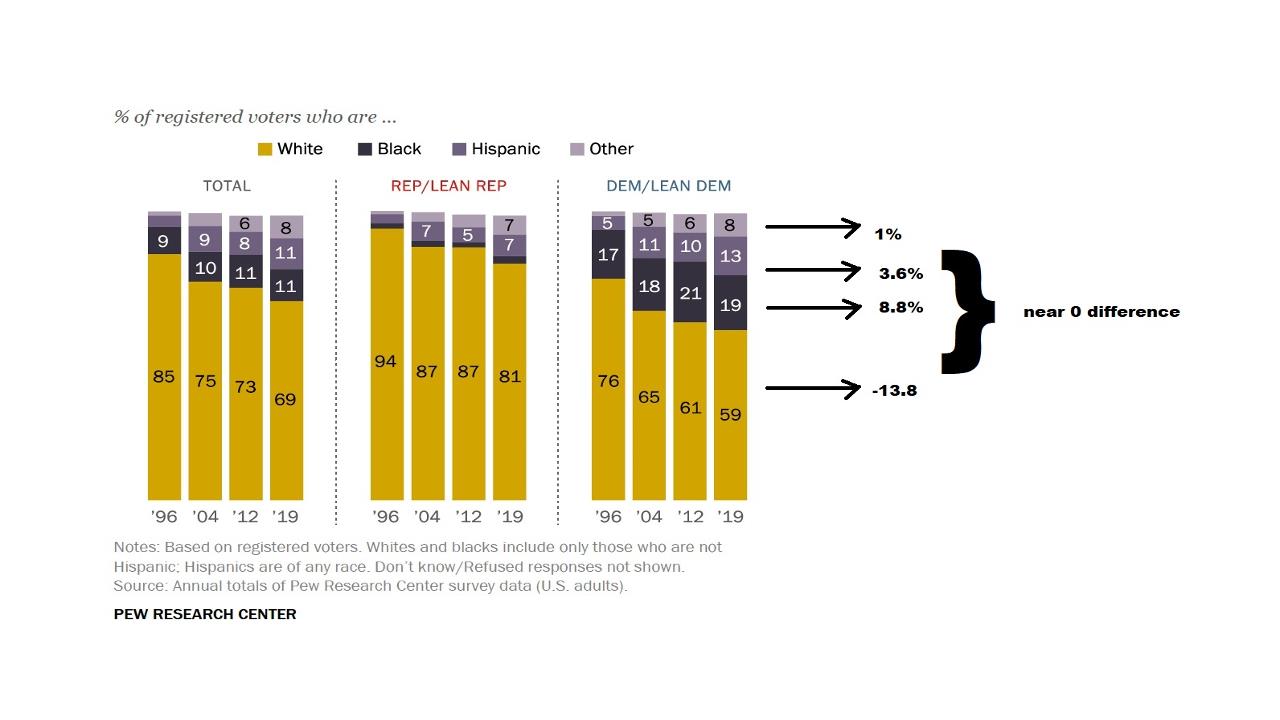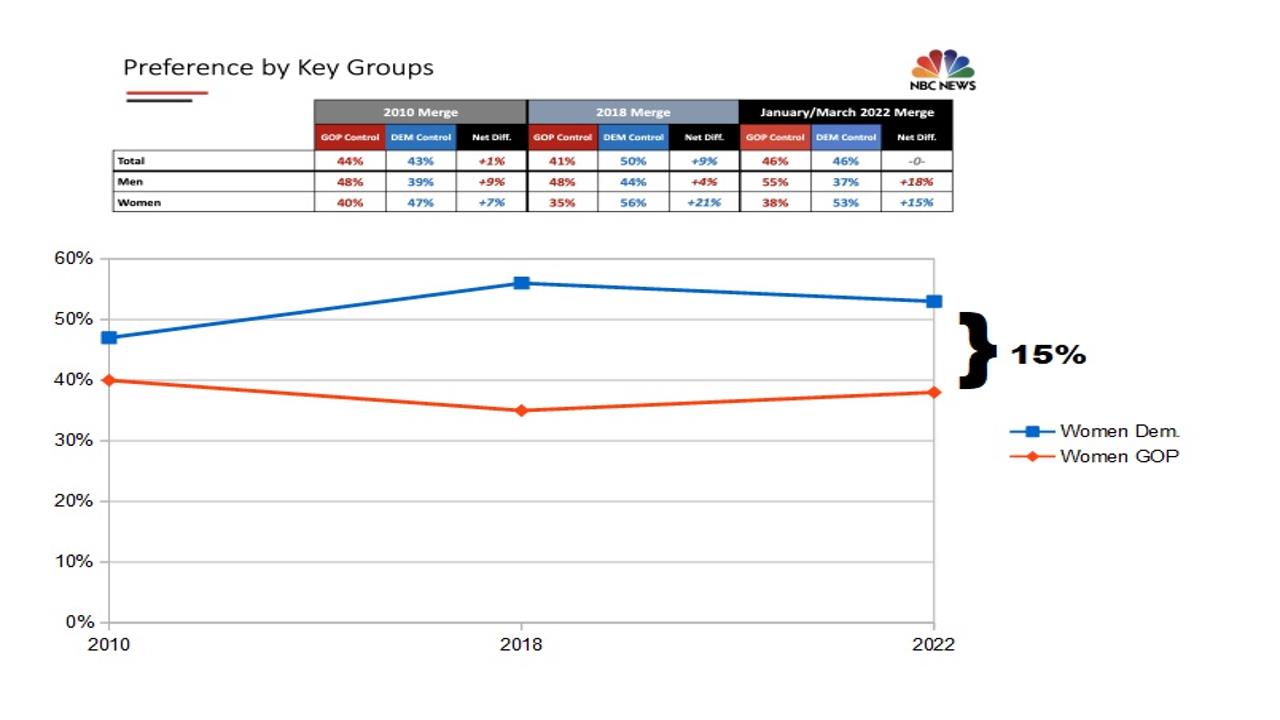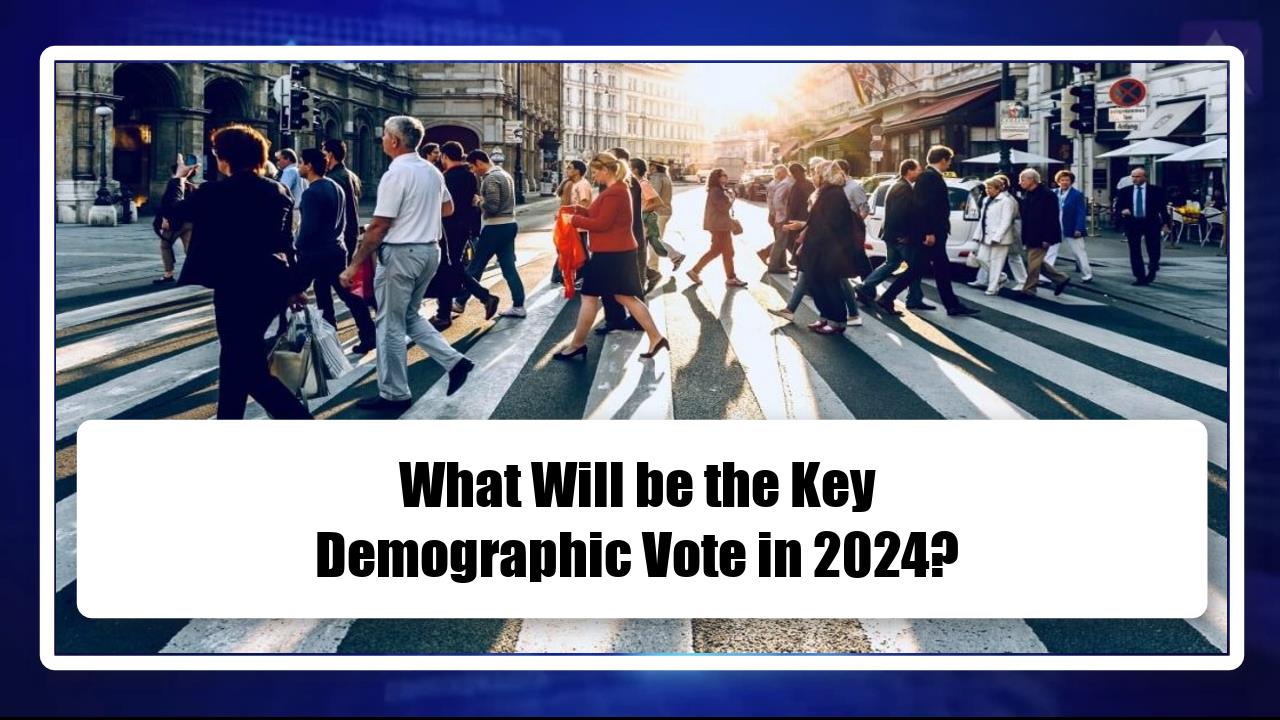Video:
Take our online poll:
AI Analysis:
Predicting the exact influence of race and gender in future elections is challenging, as it can be influenced by a variety of factors including cultural shifts, policy discussions, candidate appeal, and broader societal changes. However, I can provide some general insights into the factors that might impact the role of race and gender in identity politics in future elections:
1) Demographic Changes: If demographic shifts continue to occur, certain racial or ethnic groups might increase in population and consequently have a greater influence in elections. Likewise, shifts in gender dynamics could also play a role.
2) Policy Priorities: Depending on the issues that dominate the political landscape, certain racial or gender-related policies could gain prominence and thus influence voter behavior.
3) Candidate Representation: The presence of candidates from diverse racial and gender backgrounds could motivate voters who prioritize these identity factors. A diverse pool of candidates might also attract more attention and engagement from various groups.
4) Cultural and Social Trends: Changing societal attitudes toward race and gender, as well as evolving discussions around inclusivity and representation, could shape how voters respond to identity-related themes.
5) Media and Messaging: The way political messages are framed and communicated in the media can significantly impact how voters perceive and prioritize identity-related issues.
6) Local vs. National Context: The salience of race and gender can vary depending on the level of the election. For instance, local elections might be more focused on practical concerns, while national elections could involve broader debates about identity and representation.
7) Intersectionality: Many voters have multiple aspects of their identity that influence their political beliefs. The intersection of race, gender, socioeconomic status, and other factors can create complex and nuanced voting patterns.
8) Campaign Strategies: How political parties and candidates choose to engage with identity-related issues will also influence their impact on elections. Candidates may choose to emphasize identity-related messages or focus on broader policy concerns.
In reality, the role of race and gender in future elections will likely be a result of the interplay between these and other factors. It's important to note that identity politics is just one aspect of the political landscape, and voters consider a wide range of issues when making their decisions.
Chart:


References:


Comments